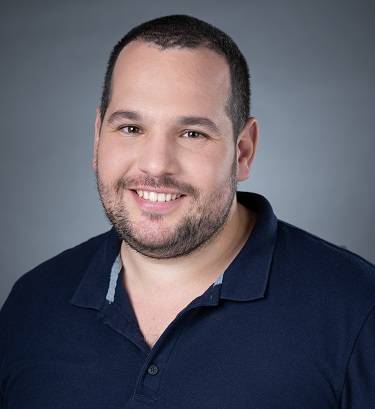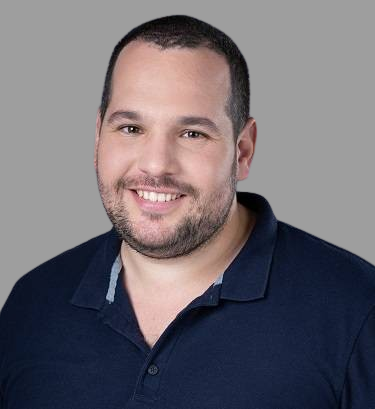YuviTal: Prioritizing healthcare in a digital era
YuviTal is a digital rewarding and loyalty platform for positive behavioral change, that are providing organizations, insurance companies, HMOs, and employers worldwide with tailored solutions to improve their members’ life. With YuviTal, health insurers can personally influence their policyholders to improve their lives and prevent future diseases. The solutions are application-based and designed to incentivize healthier choices. To this day, more than a million people are using YuviTal’s apps such as Clalit Active, Ovdim Bari, Rumble, and more. Alon Silberberg, CEO & Co-founder, YuviTal speaks in an interview. Excerpts:
Conception of YuviTal
“The world of healthcare and insurance is constantly changing. The two most significant changes are the change in mindset of the policyholder and the change in mindset of the healthcare provider/insurer.” Says Alon that from the perspective of the policy holder, we want the institutions in our lives to be proactive about helping us as their clients and improve our wellbeing. This kind of thinking is becoming our ‘go-to’, when it boils down to how we select the service providers in our lives. From the perspective of the healthcare and insurer, there is a big, wide world full of meaningful and available data that has the potential to increase profits while personalizing and customizing different services and products for the end customer. “When implementing the YuviTal solution, these are the needs and pain points we address.”
Healthcare industry – challenges galore
Covid has taught us all a valuable lesson; if an insurance company or healthcare provider wants to remain relevant, it must maintain an ongoing relationship with its patients/members/policyholders. It is crucial to note that digital health and telemedicine solutions are no longer optional; they are “must have” products for every health organization. Especially those involving high engagement rates, excellent customer service, and behavior change rewarding systems.
YuviTal Health – benefits
YuviTal Health is a digital rewarding and loyalty customer engagement platform for healthcare and insurers. It is designed and developed to improve profitability and decrease risks while allowing the organization to understand its client base and create custom offerings and premiums from that data. “It works by encouraging a healthy & active lifestyle among the app users by utilizing three main incentives: Social, psychological, and economical. By incentivizing healthier decision-making, the company can promote preventive medicine and reduce risk and healthcare claim costs.”
Leadership traits
This hard worker, mission-driven and passionate team builder, says that he lives by example- always try to work harder than your team. Always be willing to do exactly what you asked them to do. “Failure is natural and an important part of everyday life for entrepreneurs, if you don’t try and fail, you will never succeed. When failure occurs, you need to pause, look at the bigger picture and keep moving forward toward your goals.”
Success Mantras
“Work hard, choose your teammates wisely, do not be afraid to make mistakes and always be willing to work hard and always be ready to give it you’re all on the field. It is important for me to say that this company would not be what it is today without my two partners and co-founders, Lior Klibansky and Yaron Levi. They are Best co-founders I could have asked for.”

Company: YuviTal
Website: www.yuvital.com
Management: Alon Silberberg, CEO & Co-founder
Founded Year: 2017
Headquarters: Tel Aviv, Israel
Description: YuviTal is a digital rewarding and loyalty platform for positive behavioral change




